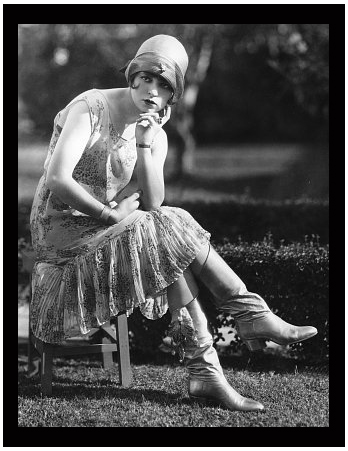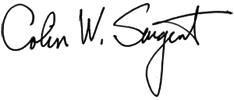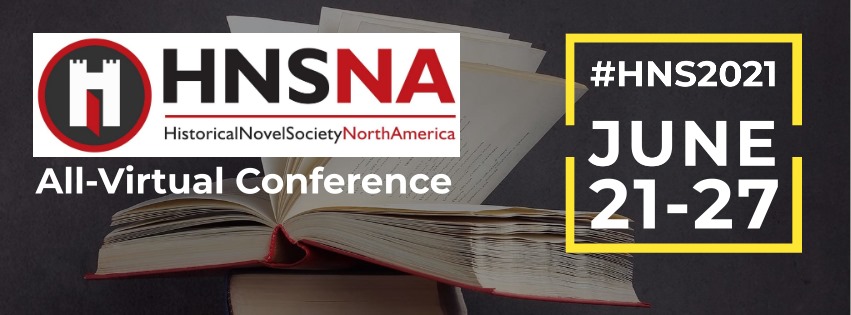Where in the world is Colin W. Sargent?
Join Colin W. Sargent at the 2021 Historical Novel Society’s North American Conference. The conference is virtual and runs from June 21-27. He will be one of two presenters on the panel, History is Character—How Historical Fiction Can Illuminate Events through Characters.
You can sign up for an email newsletter covering more news about the conference on their website.
Click here to follow the event on Facebook.
On December 9 at 7 p.m. EST, Colin W. Sargent will be reading from Red Hands at the Stonecoast MFA 2020 Alumni Readings.
Join the virtual event and RSVP here.
Click here to follow the event on Facebook.
 Readings, Book Discussions,
Readings, Book Discussions,
Conferences, Confabs:
The Boston Castrato
Previous Appearances:
Since so many have asked me where I’m going to be and when across the coming months, here’s the lowdown. After publication readings and events in the UK with Barbican Press surrounding the London release, look for readings in Rome and Naples, Italy; Washington, D.C.; England; and the U.S. If you’re in the area, drop by and say hello!
The Muse Writers Center, 2200 Colonial Ave., Norfolk, VA, Nov. 3, 1:00-3:30 p.m.
Class: How Editors Detect a Novice: Avoiding Common Mistakes in Your Work
Many good stories and poems sit ignored in the slush pile. Why? Because we sometimes make mistakes that stop an editor from reading past our first page or stanza. In this seminar, we’ll look at some of the obvious problems that makes it easy for an editor to reject your work, including everything from theme, characters, and inciting incidents to speaker attributions, knowing your market, subject matter, punctuation, the agony of adjectives, lack of dialogue, disruptions in time, too much narrative summary, awkward exposition, the weeds of cultural appropriation, and even word choice. Come to this fun seminar and never again let your work be rejected strictly on easily fixable matters of form or substance.
United States
The Muse Writers Center, 2200 Colonial Ave., Norfolk, VA, July 28, 1:00-3:30 p.m.
Class: The “Thing” and the “Other Thing” in a Story
Probe the depths of your subtext in storytelling by learning the principle of the “Thing” and the “Other Thing.” Example: The “Thing” in Casablanca is, will Rick wind up with Ilsa at the end of the show? The “Other Thing,” far more important: Will Rick rejoin the Human Race and enter the French Resistance? Seen another way, the “Thing” is a story’s X/Y plane. The “Other Thing”–the subtext–is on the Z plane. Memorable stories operate on both. The “Thing and the Other Thing” is a technique of story understanding credited to novelist Tony Earley. Deepen your stories to create works of consequence. We’ll look at your work to magnify and cultivate your “Other Thing.” Open to all writers. Session cost $45 ($40 returning students).
The Muse Writers Center, 2200 Colonial Ave. • Norfolk, VA, April 21, 2018, 1:00 p.m. Workshop: Did you know that anytime someone drops into a nightclub in a story, it’s a symbolic descent into the underworld? It’s not just the Zodiac Club in Bell, Book, and Candle. Why does Superman return to the Fortress of Solitude to recharge his batteries? Why are the Friends eternally hanging out at Central Perk? Unconscious cues of setting drive all plots. Otherwise, you’d have to imagine Sleepless in Seattle without the Empire State Building, Trainspotting without Edinburgh. Hemingway wrote about the Spanish sense of the term Querencia in Death in the Afternoon: Toward the end of a bull fight, the bull drags himself to the first magic spot where he entered the ring, where he felt invincible. Bullfighters know this and play for it. So it is with people, who whisper, “Unhook me from this hospital respirator and take me to the lodge on the lake where we spent our honeymoon.” Aristotle says action is character. So why not put your settings into action? We’ll look deeply at the settings in your story and consider how we can make them dynamic, so they can move your readers, too.
Muse Writers Center, 2200 Colonial Ave. • Norfolk, VA, February 24, 2018, 10:00 a.m. Workshop: Before you leave this seminar, we’ll help you workshop a fireproof logline for your story that will make your brain dance. It’ll catch the attention of agents and editors. Some writers think, great—I’ll use it for my cover letter. Absolutely, but why not take your logline a step further and use it to check through your plot to make sure it the deep motions of story development are present the way through? The process of developing a logline is essential to understanding how others will see your story at a glance—not just you. It is a doorway for them to understand your story more deeply. It is a magic step that takes the private universe of your story and goes public with it. If there’s no opposition character in your logline, there may not be one in your story, either. Yikes. Your Geiger Counter rattles with a radioactive story emergency. Beautiful. Now you can easily see what’s missing and fix it! Everybody hates to come up with a logline when a logline is the best friend you’ve been ignoring all along. I guarantee this seminar will change how you diagnose and discover the real strengths of your work in a dramatic, exciting way. “I won’t even start a story unless I have a logline.” (Malia Politzer, investigative human-rights reporter).
Crafting the Elevator Pitch, Muse Writer’s Center, 2200 Colonial Avenue No. 3 • Norfolk, VA. Saturday, October 28, 1-3:30 p.m. Have you ever been dumbfounded when an innocent listener (or editor) asks, “Yes, but what’s it about?” This seminar will delve into the trends and success stories related to writing the perfect “elevator pitch.” An elevator pitch is necessary so that perfect and imperfect strangers can understand, in a single burst of clarity, what you and your work are up to. It can also help you understand your work on an essential level. In the seminar, we’ll hear twenty famous elevator pitches, understand the dynamics behind them, and then discuss ideas for your own. 1 meeting seminar Instructor: Colin Sargent. Open to: writers of all levels of experience. Session cost: $45 ($40 returning students)
The Muse Writers Center, The Muse Writers Center, 2200 Colonial Avenue No. 3, Norfolk, VA. You’re invited to a seminar by Muse Writers Center instructor Colin W. Sargent, author of The Boston Castrato and Museum of Human Beings. The workshop title is “Tense: Moments and the Shades of Time” “The tense of a story sets everything from style to thought. How does right now differ from right then? The present tense ignites Molly Bloom’s monologue in Ulysses. Try to imagine Proust, James, or Austen without the reflective advantages of the past tense. In this seminar we’ll consider character dimension through time. Kurt Vonnegut is an intertemporal genius. So is Milan Kundera, in Slowness. Best of all, there’s Mikhail Bakhtin, the literary theorist. Treating yourself to the way he differentiates between real time and great time will open doors to your reading and writing experience.” To sign up for this workshop, visit http://www.the-muse.org/workshops.html. Saturday, April 1, 1-3:30 p.m.
Coffee in York, with Helen Hills, Professor of Art History, University of York, founder of the conference “Exoticizing Vesuvius?” Bike Cafe, Micklegate, York, UK, 11 a.m., March 9.



